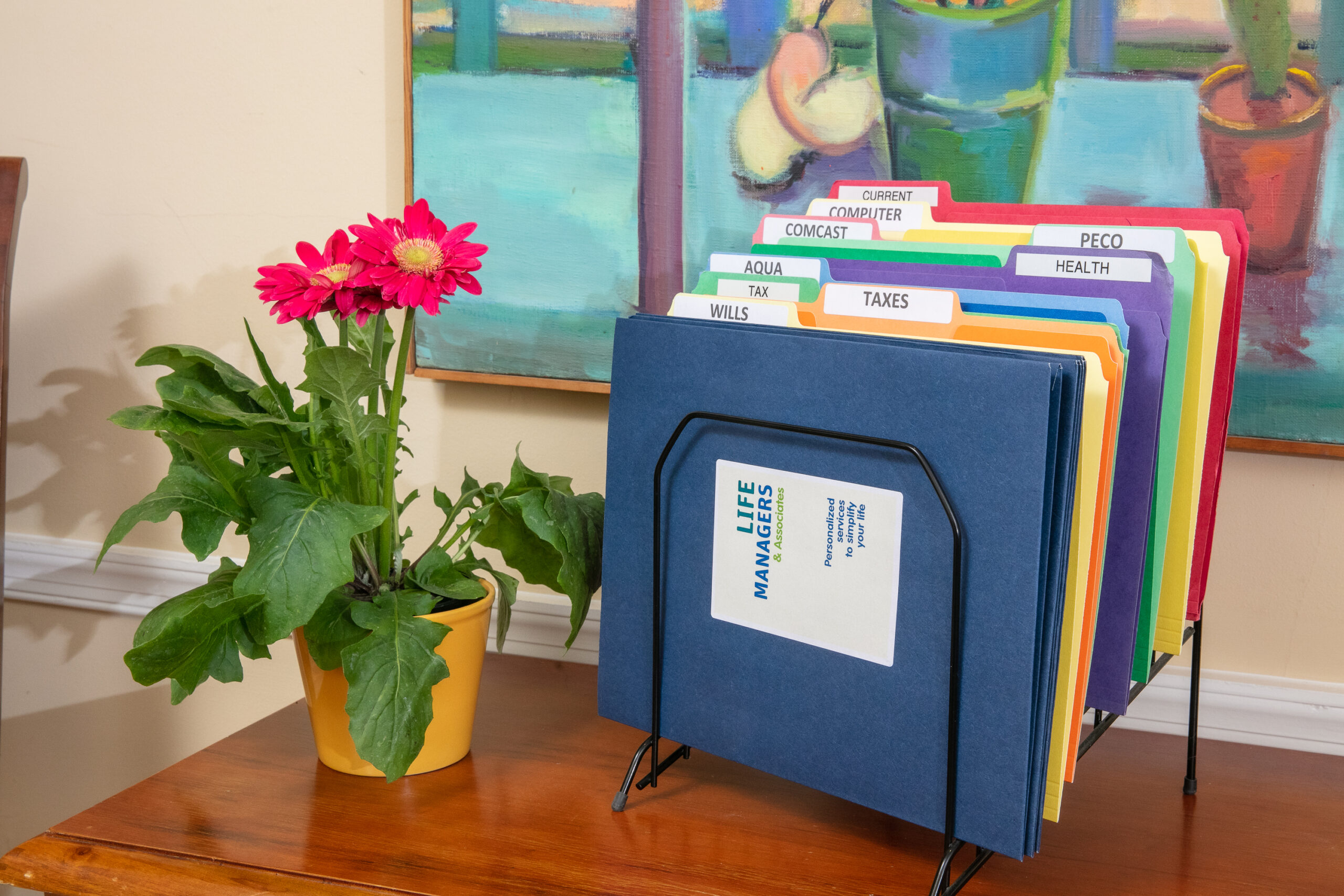A standard practice when drafting estate documents is for an attorney to ask their client to name someone they can trust to make important decisions including those regarding financial, legal, and healthcare matters when they are unable to do so for themselves. Of course, choosing the appropriate person is critical. But what happens when the client has no immediate family members or close friends available or nearby? It gets complicated.
Such was the case for a 96-year-old woman, Sarah. When she met with her estate attorney to prepare her documents, Sarah chose her niece, who lived in Texas, to be both her financial and health care power of attorney.
The niece, Mary, a lovely, well-intentioned woman, accepted the role. Mary and Sarah communicated periodically by phone, but due to the distance, Mary did not visit frequently and never thought to request detailed information from Sarah about her financial situation.
Fast forward a few years, and Sarah began to slow down significantly and required increased help. Enter Sarah’s housekeeper. Over time, this individual began assisting Sarah with various caretaking needs, including shopping, errands, and laundry. As Sarah’s needs progressed, the caretaker took on more responsibilities, including financial matters.
Mary, who was not involved in Sarah’s day-to-day care, was unaware of what was going on in the home. Unbeknownst to Sarah and Mary, the caretaker began to exploit her position of trust. She started using Sarah’s money for her personal gain, a situation that could have been prevented with more active involvement from Mary. The obvious question is:
When should Mary have gotten involved?
To which there is a legal answer and a practical answer: The legal answer is defined in the POA document. The practical answer is much earlier.
This is not to suggest that Mary should have taken over decision-making earlier. Rather, as Sarah aged, the frequency of checking in and providing more oversight needed to increase.
As estate professionals seeking to serve their clients best interests, it is essential to not only help them choose a special person to serve as their agent but also to educate their clients with the knowledge that they will benefit from allowing their designated agent to (1) regularly check in and to (2) get involved earlier if they sense something is amiss or the client is in decline. Further, proactive steps can be taken to give the agent the necessary tools to do their job effectively. The client can:
Organize their financial information:
- Types of accounts and expenses
- How the client receives and pays bills and records information
Organize their medical information:
- Conditions
- Medications
- Physicians
Keep the lines of communication open:
- How can the agent help without taking over?
- Define ways for the agent to check in
Seek assistance.
How can you help your clients?
As you are having these estate planning discussions, talk to your clients about getting support before incapacity. If you see that your clients are having a tough time having these conversations with their family and/or agents, consider an organization like Life Managers & Associates who can:
- Help clients prepare the information so that it is readily available when a need or crisis arises and/or
- Provide oversight and lend assistance without taking over
- Be boots on the ground for the POA living out of town
Ultimately, for people who are losing mental and/or physical capacity, the way to make fewer mistakes (and remain less vulnerable to fraud) is to have someone else – trustworthy and local – assist them with making financial and medical decisions.
Getting the conversation started can be challenging, but it is essential for ensuring the client’s wishes are respected and their interests are protected. Life Managers and Associates can assist in opening the line of communication. Through our consulting services, we partner with families and professionals to create an individualized plan for future living. As Certified Aging in Place Specialists, we can help a client understand how and when to relinquish their responsibilities and help determine what financial and/or physical factors will impact their ability to continue to live independently.
Working together and tackling these topics before drafting directives will provide valuable insight that can help ensure all documentation meets your client’s needs and wishes and better ensures that your client can safely age in place. Can we help your clients? Contact us and we will set up a time to talk.

